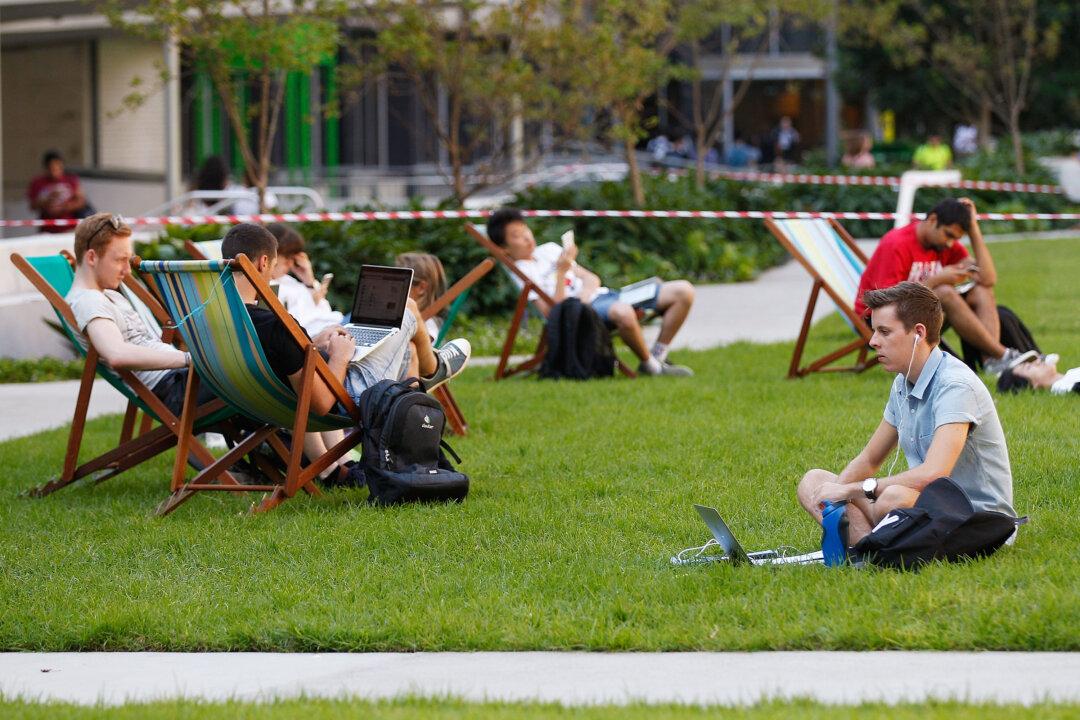Independent higher education providers and the business community in Australia have stated that it is misleading to attribute housing shortages and rental unaffordability to international students.
At a recent Senate hearing, representatives from Independent Higher Education Australia (IHEA) shared their views on a new education bill proposed by the Labor government.





